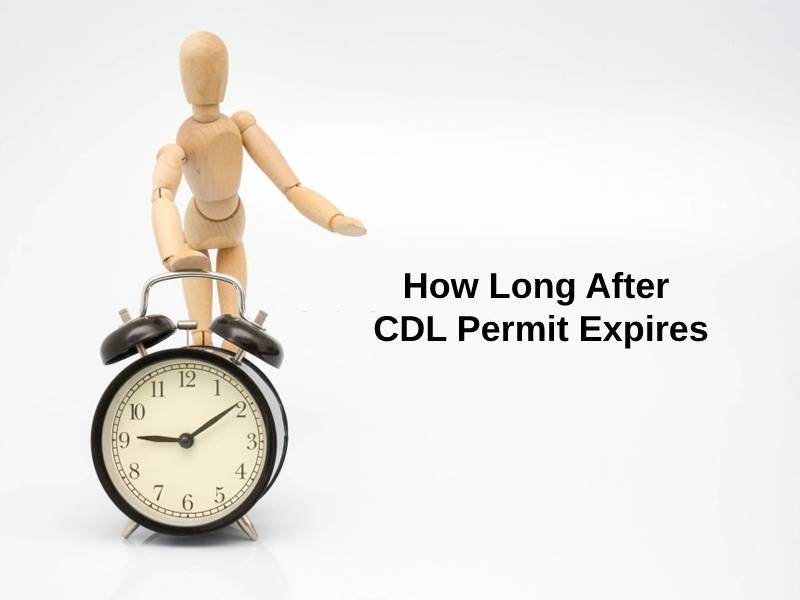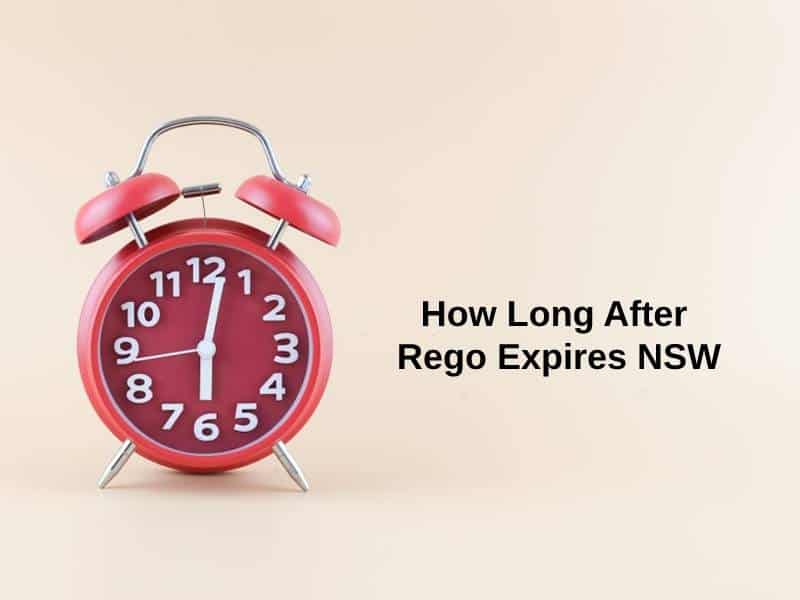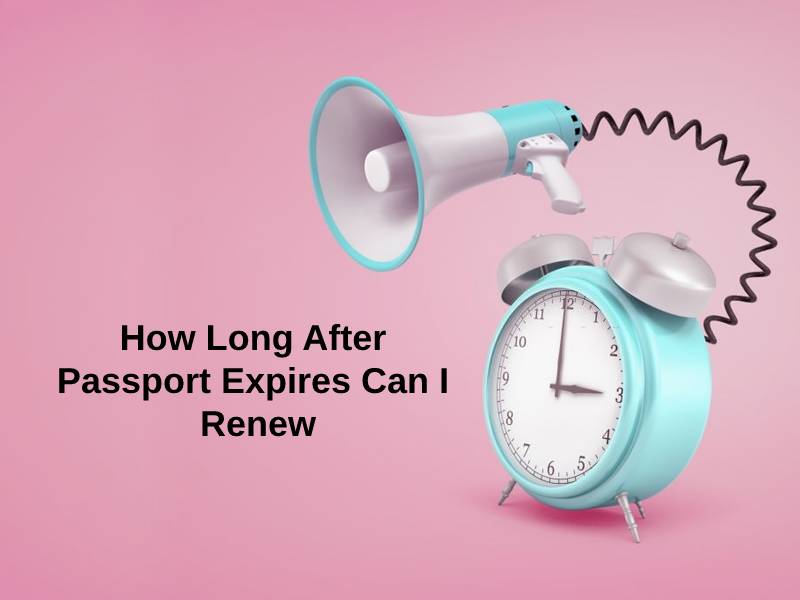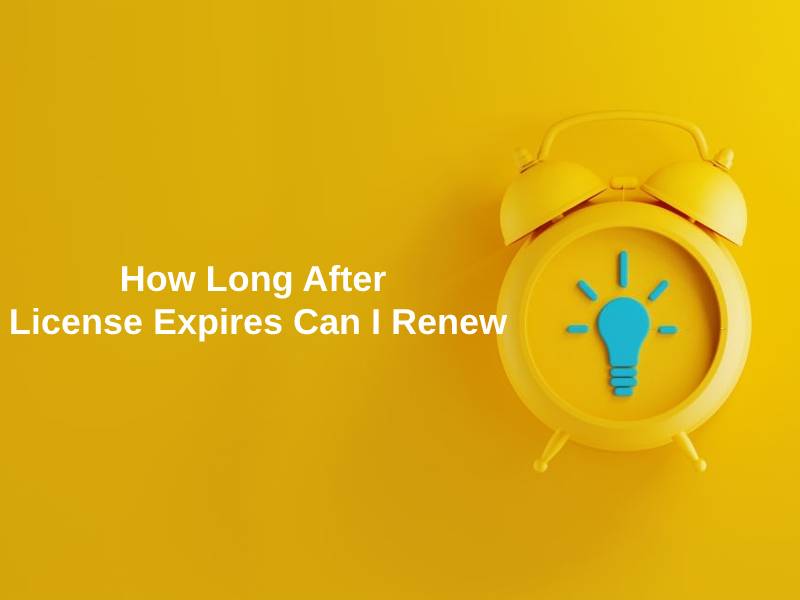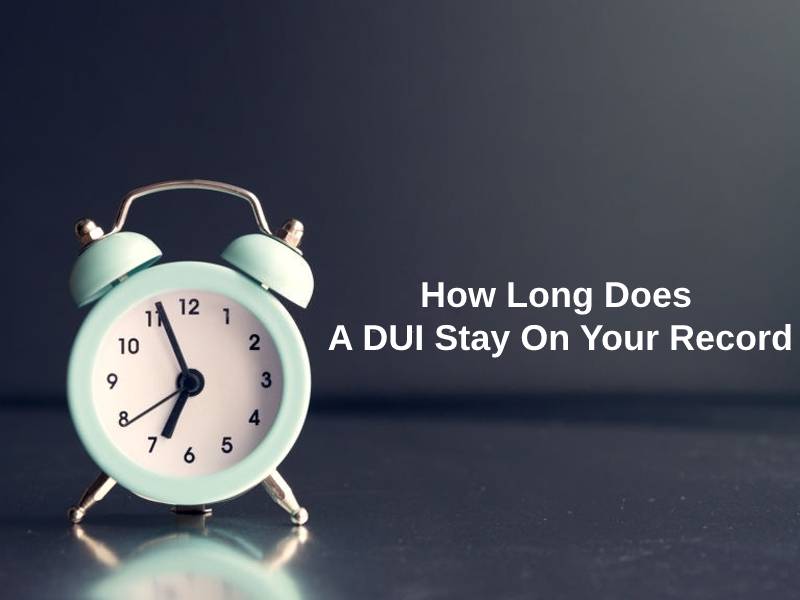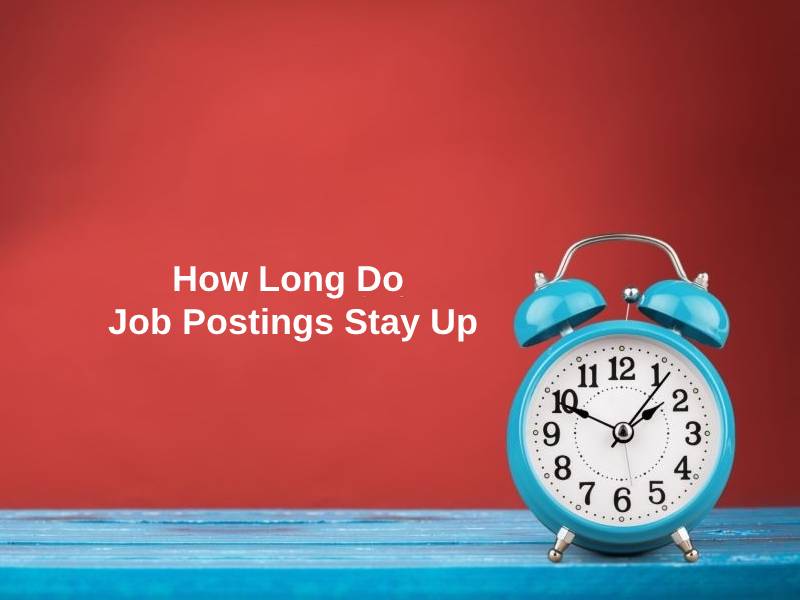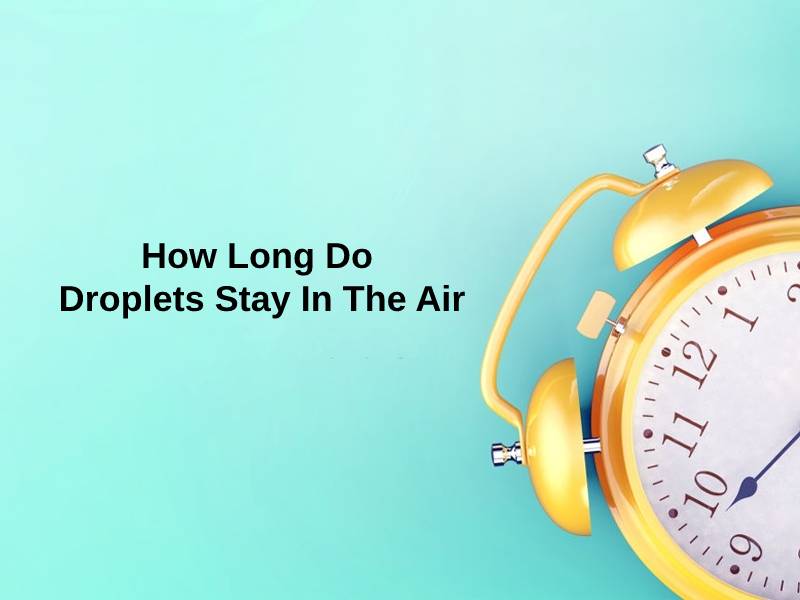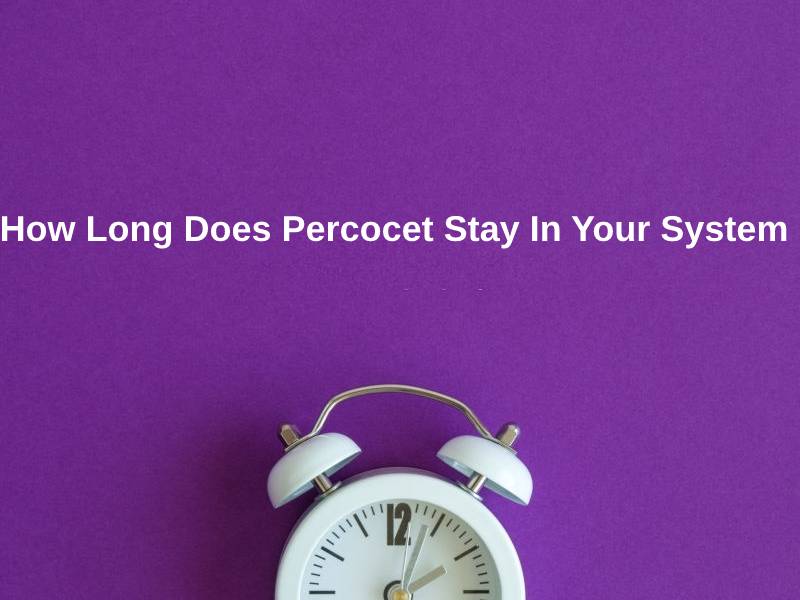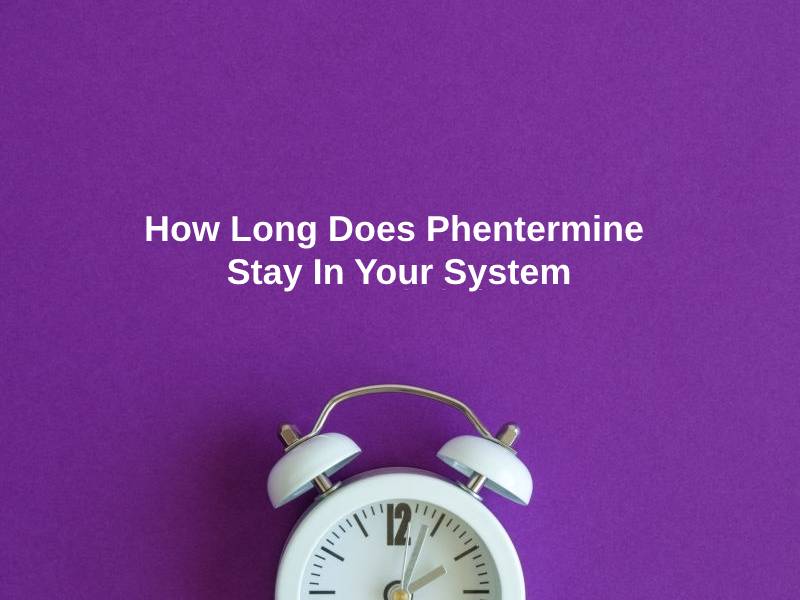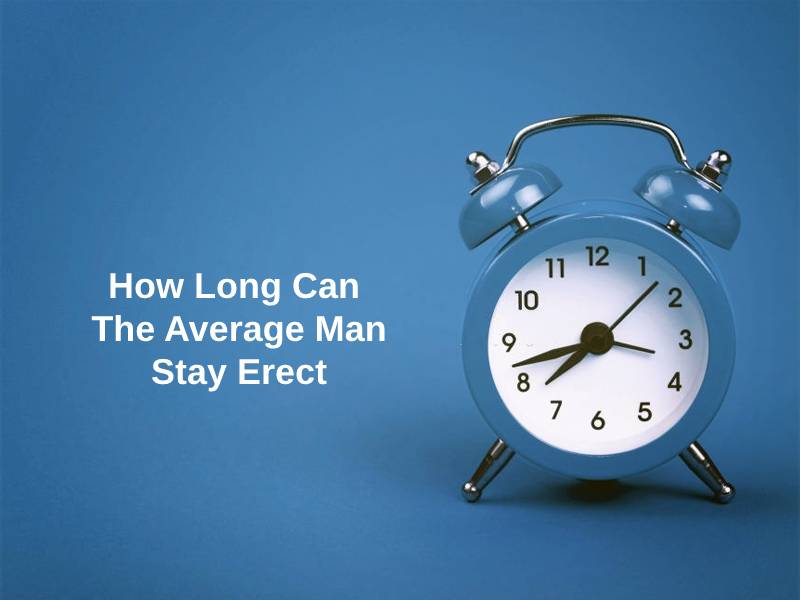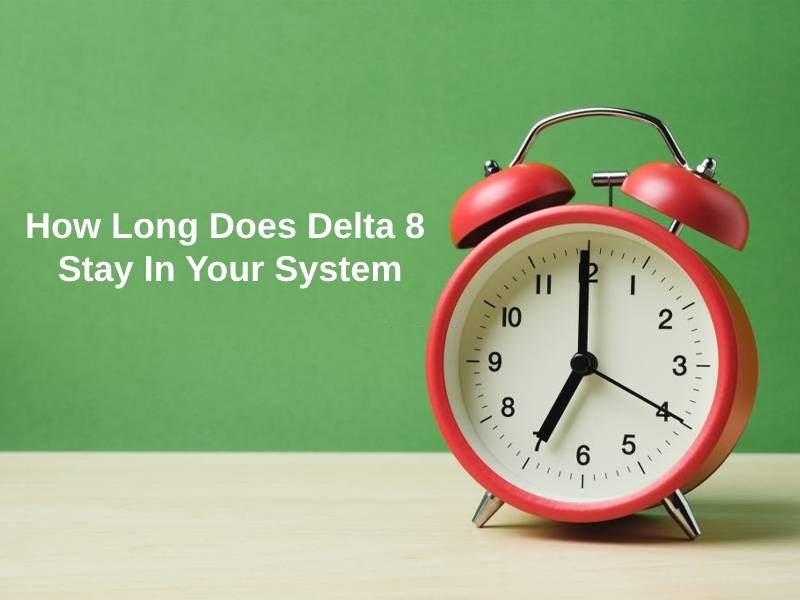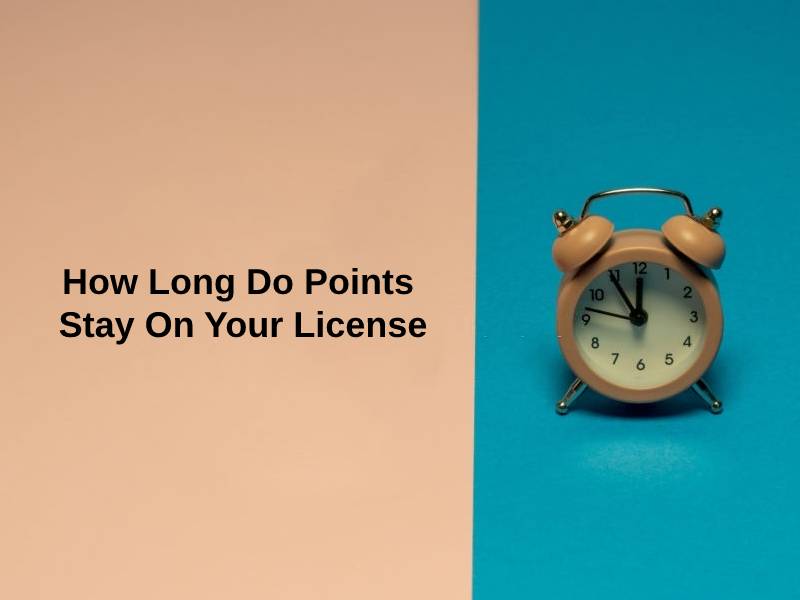Exact Answer: At The Landlord’s Will
A lease is a legal and binding contract under which a person gives or takes something on rent. It is the same for a property or a house too. When a person leases out their house, they become the landlord. The person who agrees to pay rent to stay on that property is called a tenant.
The laws about lease and tenants differ from one state to another. The lease allows the tenant to stay in the house for the period mentioned in the agreement.

How Long Can A Tenant Stay After The Lease Expires?
The rent and the period of the lease agreement are based on what the landlord wants to keep. In general, a lease contract is drawn for 11 months.
Once the lease period is over, the lease agreement expires. It means that both the parties are not under any contract going further. It depends on the tenant if they can move out of the house immediately when the lease expires or before the lease expires.
There are scenarios where sometimes the tenant may take more time to leave the leased property. It is then upon the landlord’s choice whether they want to take legal action towards the tenant and get them evicted. Apart from this option, both the landlord and the tenant can come to a mutual agreement.
The mutual agreement can range from the landlord agreeing to let the tenant stay for a couple of days for extra money or for free. If the tenant and the landlord have a mutual understanding and want to continue their agreement, the lease agreement can be drawn up again.
| Condition | The period after which the tenant needs to leave |
| Legally | The tenant needs to leave on the day the lease expires |
| Mutual agreement between the tenant and the landlord | The time on which both the parties agree. |
Why Can A Tenant Stay For That Long After The Lease Expires?
If things are considered from a legal point of view, the tenant needs to leave immediately once the lease expires. A day or two more than the expiration date is acceptable as moving out can take time. The tenants who tend to overstay their time at the rented place post the lease expiration are called Holdover tenants.
However, if the tenant needs to live in the rented house for more time, they have to first take the landlord’s permission. Only when the landlord agrees, the period of the stay post lease can be stretched.
If the tenant is not leaving the premises even after the lease expires, the landlord can give a warning to the occupant to vacate the house. If the occupant still refuses to leave the premises after several verbal warnings, the landlord has the right to take legal actions against the occupant.
It also happens the period of the lease is extended if both the parties are okay with continuing the agreement. A new lease agreement with new terms and conditions is drawn that lets the occupants stay even after the initial lease agreement expires.
The landlord can opt for another choice where they can continue to collect the rent post the agreement period without taking any legal actions towards the occupant. However, there is also a downside to when the landlord starts to collect the rent even when the lease expires. In such a case, the landlord will lose all the legal right to evict the occupant.
Since the occupant has paid the rent, he has the legal right to stay at the house at least for the period for which the rent has been paid.
Conclusion
In cases where the tenant wants to vacate the premises before the lease expires, they can do so by serving a notice period. The notice period is the number of days that are agreed upon by both parties in the lease agreement.
Also, if the tenant has overstayed on the premises post lease expiration and had not paid the rent, the landlord has the authority to appeal to the small claim court to get the unpaid rent.
Having a lease agreement is ideal as sometimes there can be tenants that can cause a nuisance to society.

